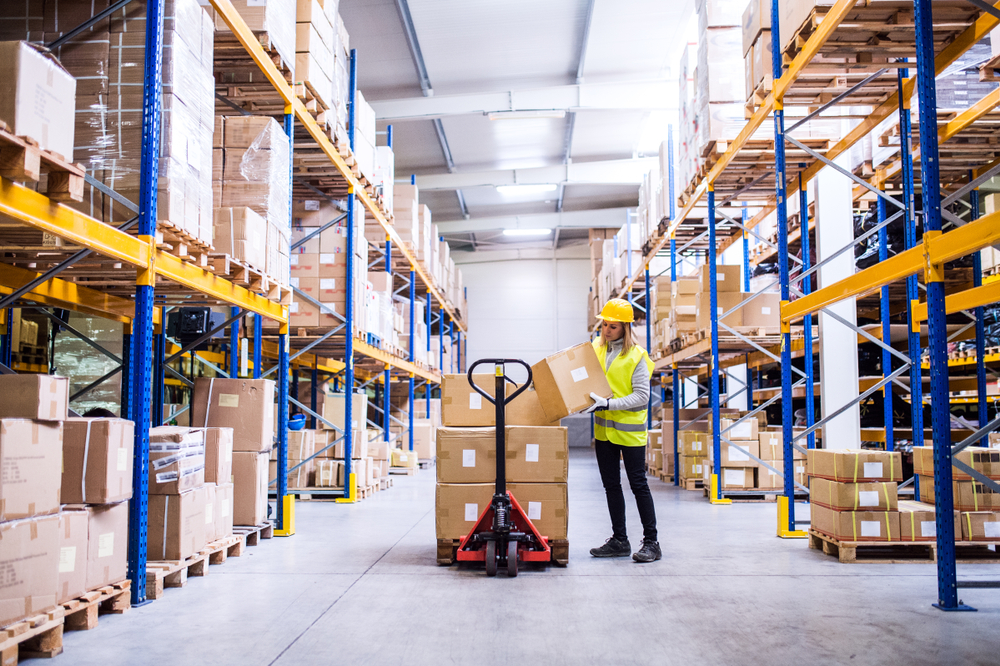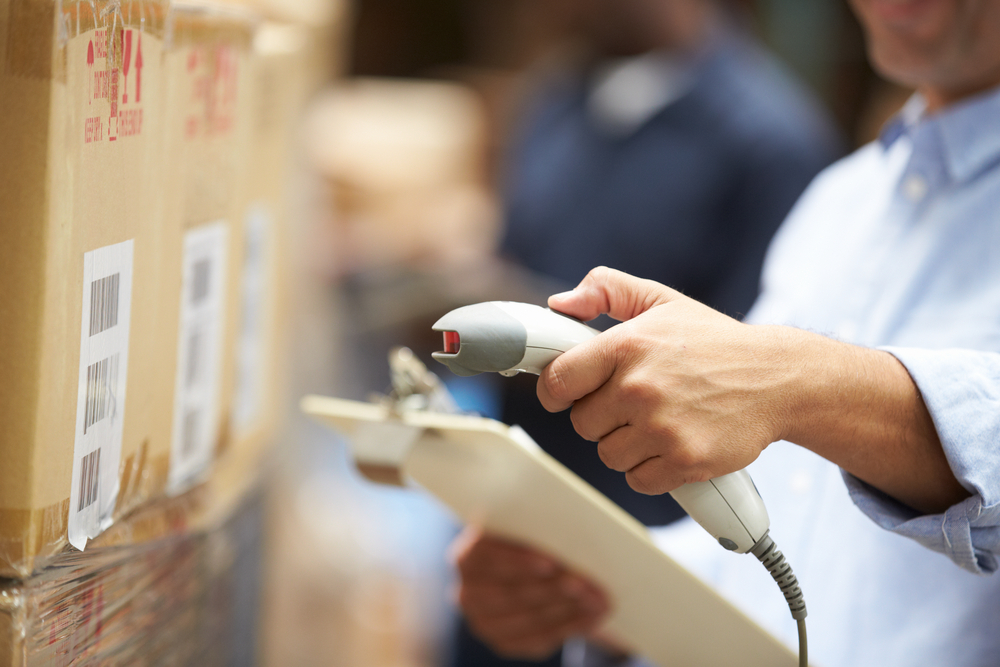Trainer Q&A: Pete Hedges
Editor's note: Upskilled no longer offers courses in logistics. Please contact us on 1300 009 924 to discuss other course options.
Upskilled trainer Pete Hedges believes that the logistics industry, “Really keeps Australia moving. From primary industry through to tertiary, through to the end user, it’s a what I call a cradle to the grave sector.”
Pete Hedges' professional portfolio holds over 40 years of experience in state, national, and international management practice. Here, he shares his experience in the logistics industry, and tells why he believes it’s such a great sector to become involved with.
What’s your involvement with the logistics sector?
A lot of people think logistics is just about transport or warehousing but it’s not - it’s so much more than that. I worked in manufacturing logistics and had my own business as a consultant in logistics. Managing workflow is such a big part of the industry, and relevant to all sectors.

What’s unique to our Australian logistics industry?
Logistics is an industry that’s continually growing, embracing other industries. There are just so many synergies that logistics has. In Australia we have unique issues, mostly due to the vast distance between major centres of trade.
What would a core entry level role in logistics be?
Someone might start working in a warehouse, and then move into a team leader role, a supervisor role, or leading hand. Other jobs roles might include logistics coordinator, logistics clerk, service delivery manager, and stock clerk.
More advanced roles might include logistics supervisor, storage and distribution manager and even transport services manager. Students can read a Q&A with Ash from Kings Transport to gain an insight into the industry.
Can you take us through a typical logistical path for an average product?
Yes, let’s look at a simple product to think about how the logistics sector comes into play for an essential common household item like a nail (for example):
Where does it start?
- The nail starts life in the ground, as what is essentially a rock of iron called “iron ore”.
- The ore is then dug out of the ground, and it’s trucked to a railway facility.
- It’s then offloaded at a port.
- Then this core iron product might be sent overseas for value-adding, and it’s value-added all along the line (it’s refined, traded and sold).
- The iron ore goes to a manufacturing facility, and is turned into steel.
- The steel gets manufactured into a commercial product, in this case, nails.
- The product then goes into a packet, and is stored, ready for sale.
- Transport is then needed to manage the product as it goes into warehouse/s.
- The nails are then shipped to wholesalers and retailers around the world.
- The product will be transported out to smaller retailers, in the quantities that they ordered/required.
- Eventually, the nails are sold to the end user (the customer).
This is logistics, explained very simply. The industry is basically about how the different processes all speak to each other in a big chain of command from point A to point B.
What are some of the challenges of working in the logistics industry?
When something goes wrong in logistics, it’s essential to fix it, and fix it quickly because otherwise there’s a break in the supply chain. There will always be a competitor that is after your market share.

What’s one really interesting project you’ve worked on?
I was the Australasian Distribution and Logistics Manager for O’Brien Glass; looking after the Australia-New Zealand logistics operations for about 15 years.
When I first started work, O’Brien had a manufacturing facility, but the company made a decision that it wasn’t going to make automotive windscreens anymore, but were going to send the orders for that product offshore.
This created a new logistical challenge, as the company had to increase stockholdings, which increased the amount of storage they needed, which increased the transport costs. In this case we started moving product directly from overseas into Western Australia and Melbourne, and let our centres stock their closest branch. It worked. We saved a quarter of a million dollars in freight alone.
Learn more about Logistics
Check out Upskilled’s Logistics Industry Insight for information on salary, job prospects, skills required and more. Find out what a logistics manager, and a transport and despatch clerk does in Upskilled’s Job Role and careers section.
Upskilled also has a range of online courses in Logistics.
Editor's note: Upskilled is currently not taking enrolments for any logistics courses. Please contact us on 1300 009 924 to discuss other course options.
Ready to start reaching your career goals?
Talk to an Education Consultant about which course is right for you